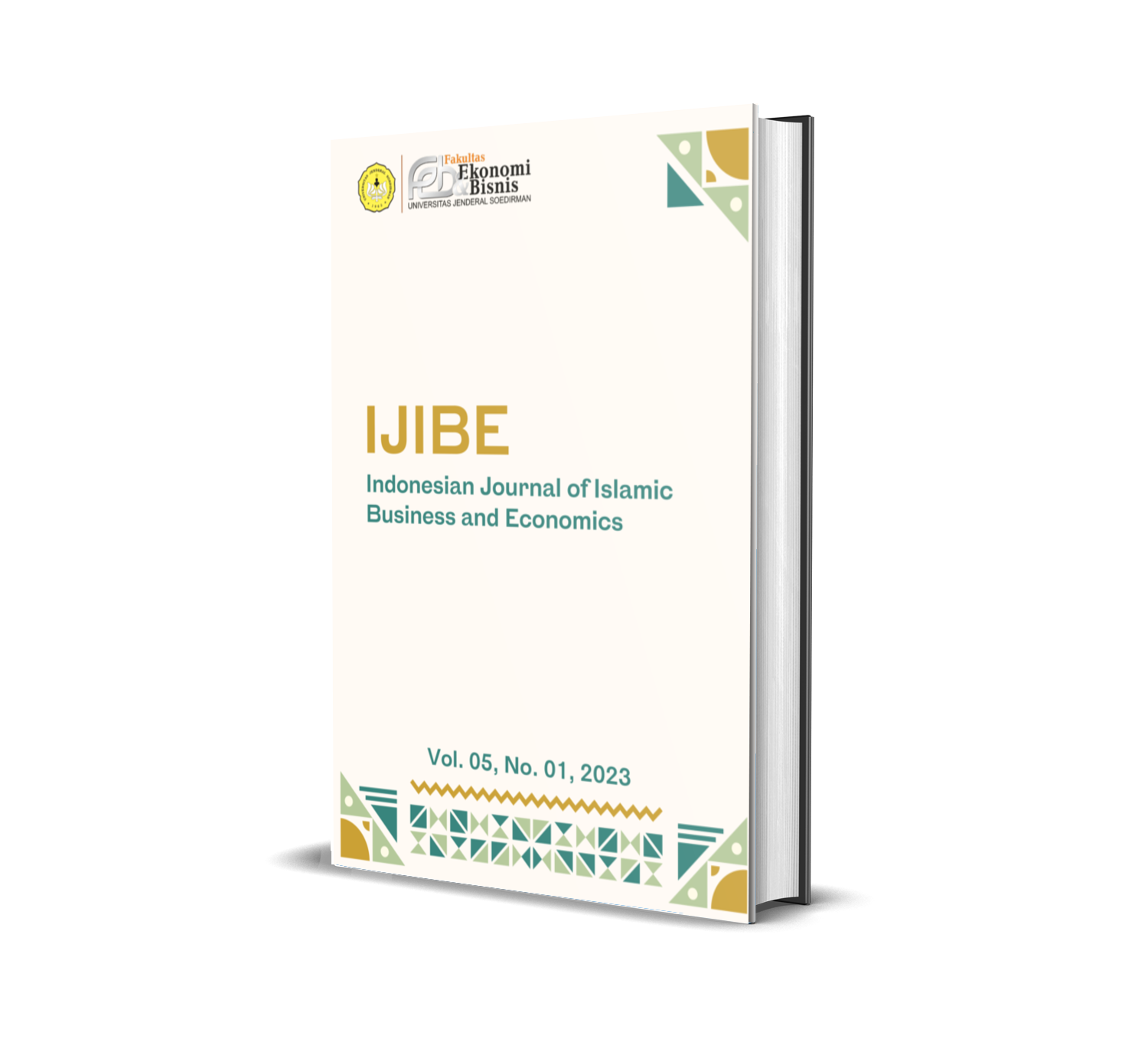The Effect Of Qardhul Hasan Capital On Micro Business Development Of Islamic Micro Waqf Bank Customers (Research on BWM Syariah Lan Taburo La Tansa Lebak Banten Customers)
Main Article Content
Abstract
Micro and small enterprises are very important in supporting national economic stability. With micro businesses, people can run their economy without having to use regulations made for larger-scale businesses. The role of micro businesses is to reduce poverty and encourage the rate of economic growth. This study aims to determine the effect of capital on the development of micro businesses in customers assisted by the Lan Taburo Lebak Islamic Micro Waqf Bank. The results showed that the micro business of sharia micro waqf bank customers after getting capital from megalami profit development below Rp. 500,000 decreased by 63%, while for micro businesses that received profits of Rp. 500,000 - Rp. 1,000,000 increased by 33%, as well as businesses that received profits of Rp. 1,000,000 - Rp. 1,500,000 increased by 41%, then those that received profits above Rp. 1,500,000 increased by 79%. The average business profit after receiving financing from the Islamic Micro Waqf Bank is 54%. Based on the results of the analysis, it shows that there is a positive and significant effect of capital loans on customer micro business development. While the coefficient of determination test results state that the capital variable can only explain 65.4% of micro business growth while the remaining 34.6% is influenced by other factors.
Article Details

This work is licensed under a Creative Commons Attribution-NonCommercial-ShareAlike 4.0 International License.
Authors who publish with this journal agree to the following terms:
- Authors retain copyright and grant the journal right of first publication with the work simultaneously licensed under a Creative Commons Attribution License that allows others to share the work with an acknowledgement of the work's authorship and initial publication in this journal.
- Authors are able to enter into separate, additional contractual arrangements for the non-exclusive distribution of the journal's published version of the work (e.g., post it to an institutional repository or publish it in a book), with an acknowledgement of its initial publication in this journal.
- Authors are permitted and encouraged to post their work online (e.g., in institutional repositories or on their website) prior to and during the submission process, as it can lead to productive exchanges, as well as earlier and greater citation of published work (See The Effect of Open Access).

